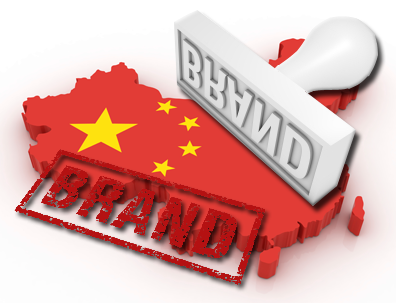It is no secret that Chinese consumers quite often distrust Chinese brands. Recent food scandals involving local firms have brought the reputation of some of them to all times low, some even thought beyond repair.
The number of surveys indicate that Chinese are increasingly looking toward foreign brands at the expense of Chinese brands for everything from food and cosmetics to airlines and hotels. This means more opportunities for foreign companies considering increasing their foothold in Chinese market and winning more customers at the expense of the local competition.
According to the surveys, China’s food and entertainment industries are at the bottom of the “brand trust scale” while local technology firms are perceived as the most trustworthy brands. In retail, Western companies Nike and Zara enjoy the best reputation, however in grocery market, consumers show more price sensitivity. For instance, Taiwanese grocery chain RT Mart is doing well on the brand trust and overall value while British Tesco is leading among Western grocers in China.
Remarkably, large number of Chinese brands in retail are still perceived as not delivering enough value, even at throwaway prices. As a result, consumers are willing to pay premium for Western branded products as long as the price difference is reasonable.
Companies should learn to engage with their customer from the senior level. A company’s president or a CEO should be able to come out and address important issues head on.
Apart from the food safety scandals, social media has been playing increasing role in shaping brand perception of local products and companies. Chinese netizens are typically more likely to leave negative comments in social media following disappointing experience as opposed to writing raving reviews if the experience was positive. This situation often leads to brands falling out favor very quickly, especially if a company fails to address its social media crisis fast enough.
In one of the episodes of Thoughtful China program, Chinese consumers’ trust was the topic of discussion between several participants across number of industries. The interviewer was asking questions about the best ways of building brand trust, manage brand reputation and respond to crises. Below is the summary of the answers that made the most sense to me:
Companies should learn to engage with their customer from the senior level. A company’s president or a CEO should be able to come out and address important issues head on. Communication by senior level management would build trust and put such company on a different level of engagement with its customers.
China is still largely a relationship based society which explains the phenomenon of KOL (key opinion leaders) in the social media – individuals whose opinions are held in high regard by the large number, sometimes hundreds of thousand, of followers. Building relationship with KOL in the area of company’s operation is extremely important for brand reputation management.
Company should consider cultivating internal KOLs, the process that takes time and requires close engagement in social media. Once again, company’s CEO with enough charisma could be the best candidate for KOL. Chinese customers are very likely to appreciate such company’s efforts to build direct relationship with consumers from the highest level.
Chinese consumers tend to put more trust in large companies that are viewed as more reliable. In the West, on the other hand, people are more likely to distrust big corporations. Communicating the size, global reach and long history of a particular company will actually be beneficial in China in terms of brand perception.
Consumers in China are becoming increasingly demanding for greater social responsibility from companies they deal with. Issuing periodic social responsibility reports by such companies, as it is common in the West, will also help in building better reputation and, ultimately, solid and sustainable brand trust.
Overall, local brand trust situation in China shows signs of improvement, partly due to increased pressure from the government on corporations to become more transparent. Also, China’s market is still young and, since building trust takes time, foreign brands with established history and track record are likely to still stay ahead of local competitors for some time in the area of brand trust .




